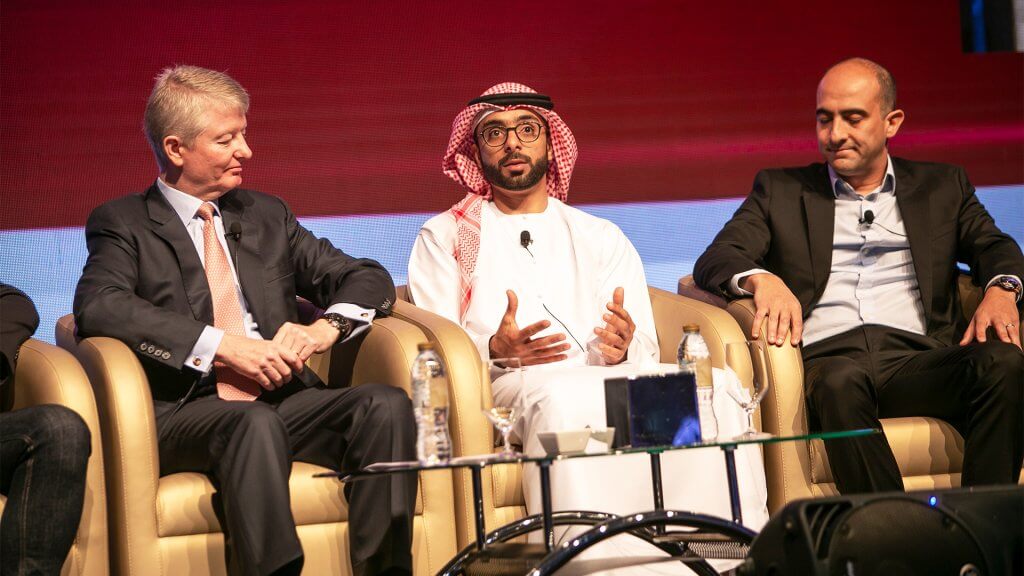What Can Psychology Teach Us About Team Management?
By Gaute Godager
Management continues to be a tough skill to master and shouldn’t be a one-size-fits-all approach. However, one fundamental that all successful people managers should understand is the psychology behind human behaviour, needs and ambition. This is key to creating a strong team that embraces the direction of travel of the business and part that they play.
There are some key principles of psychology that can be easily applied to everyday management techniques, explains psychologist Gaute Godager, who was instrumental in helping drive the success of Attensi, the leading gamified training specialist.
Gaute harnessed his psychological expertise and understanding of learning to create gamified training that taps into human behaviour to successfully coach managers and trainees all over the world.
Here, he explains his tips on how team leaders can utilise psychological tools to boost motivation and accelerate learning via gamified training to get the most from their teams.
Rewarding failure
A big part of being a good leader is understanding where the strengths and weaknesses of your team lie. To identify this there must be a fail-safe environment in which employees can make mistakes.
Gamified training rewards failure, which is something that managers are often afraid to do. People learn from their own mistakes, so when you make a mistake on a learning game, it still ignites the reward part of the brain and encourages you to try again, allowing the failures to take place in a safe environment.
Punishment in response to an error is unproductive, as it teaches people to hide their mistakes. Managers rewarding staff for learning from their own mistakes demonstrates that there is huge value in the process of learning to grow from previous failures.
The Silence of the Managers
Managers can often beat around the bush when it comes to delivering feedback to employees, perhaps to avoid conflict or because of time constraints. Despite the benefits to a business of candid feedback, any kind of fault-finding can often feel uncomfortable and socially challenging.
Without feedback it is difficult for employees to know where they may be falling short and as a result, they are deprived of the opportunity to improve. Consistent, honest feedback is vital for personal development and ensuring that learners remain keen to learn.
Gamified training is clear and instant in delivering feedback, highlighting errors or triumphs in a concise and non-confrontational way. This then allows employees to learn from their mistakes and make changes to their future performance.
Forget me not
Information overload is a common occurance for modern-day employees. Due to the volume of outlets constantly competing for our attention, it has become more difficult to retain information.
Psychiatrist Hermann Ebbinghaus’s ‘Forgetting Curve’ states that within one hour of learning, people forget approximately 50 per cent of newly acquired knowledge. This then reaches 70 per cent after 24 hours and 90 per cent within a week.
This theory is also applicable to training, as heavily detailed training is often unengaging and forgettable. Creating training that is enjoyable and digestible makes training a lot more impactful and yields a much higher level of engagement from employees.
Gamified training breaks down learning modules into smaller, more manageable minigames and tasks, leading to more repeat attempts and higher levels of information retention. There is also a competitive element with leader boards, so employees can compete against colleagues in a fun way. This method of training also requires a higher degree of problem solving than traditional learning methods, which is another contributing factor to its levels of engagement.
By understanding the psychology behind human behaviour and motivation, managers are better equipped to select impactful and effective methods of training that support employees through continual development and working to their full potential.







